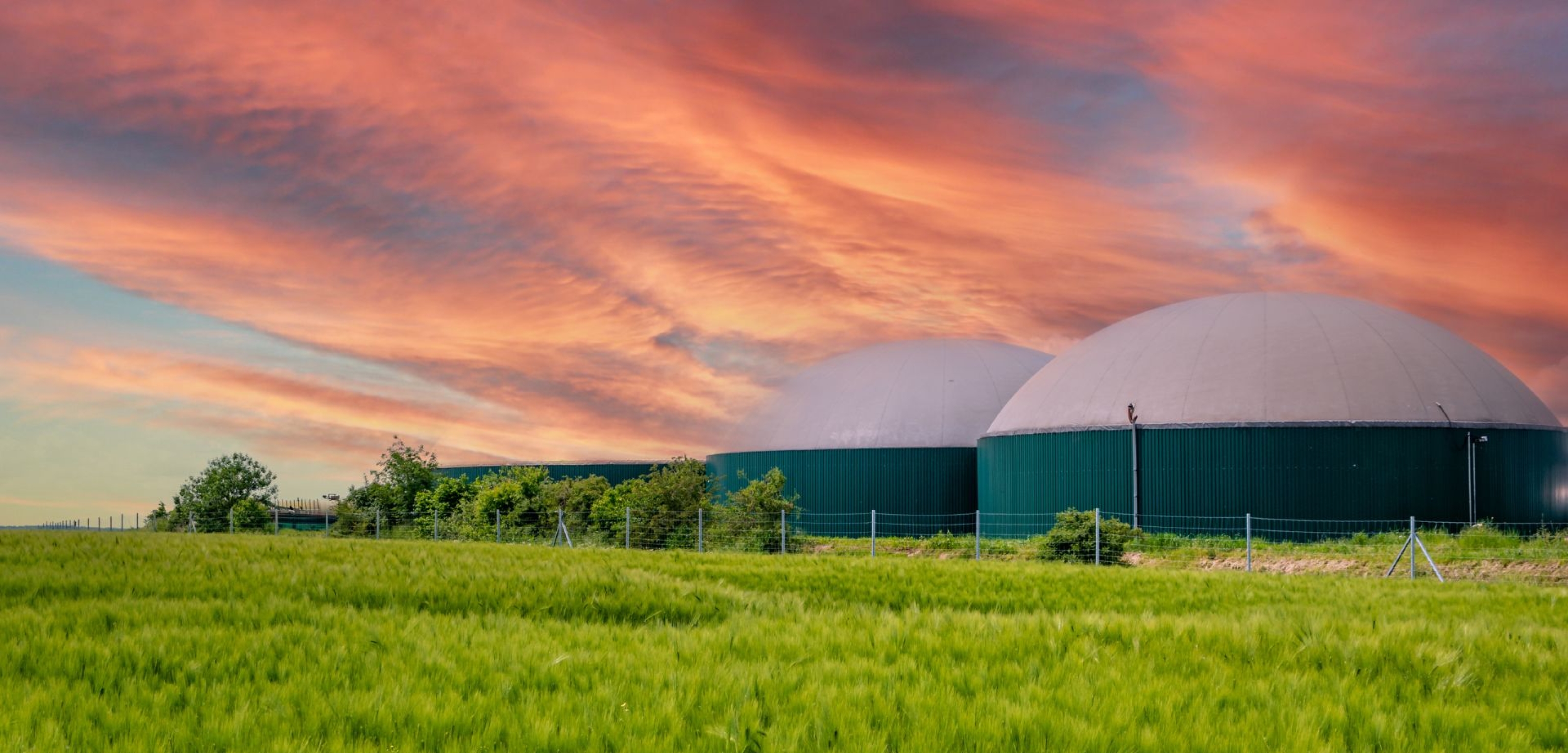The African agricultural sector holds enormous potential for growth and innovation. However, its development is currently hampered by challenges such as the limited availability of affordable fertilizers and the impacts of climate change. These obstacles hinder farmers from developing resilient farming activities, and also pose imminent threats to food security, the well-being of millions of smallholder farmers and the establishment of sustainable agri-businesses.
Green ammonia is produced using green hydrogen, which is created through electrolysis powered by renewable energy. This low carbon alternative to traditional ammonia-based fertilizers supports more climate-friendly agriculture. By reducing greenhouse gas emissions, green ammonia aligns with global climate goals and decreases the carbon footprint of agricultural practices. Other benefits from green ammonia production can include excess renewable electricity and additional seawater desalination capacity, that could increase supply of potable water and clean electricity to farming and rural communities. Green ammonia can help African nations secure their own food supplies while establishing themselves as pioneers in the global pivot towards low carbon agriculture.






